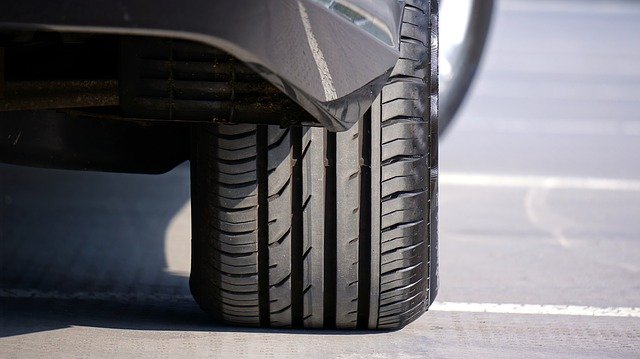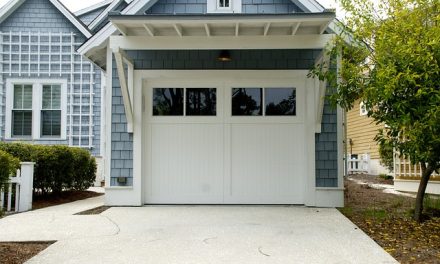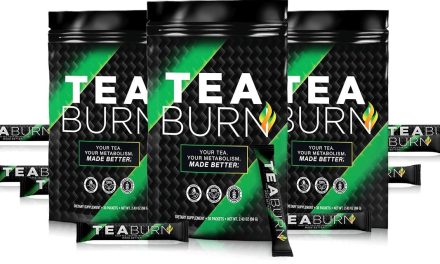Image by Mikes-Photography from Pixabay
You might think that summer tires perform best only in summer, but you’re mistaken. These tires are better in wet climates than all-season tires.
Summer tires are made for climates that do not experience extreme winter. They will give good traction during dry and wet environments. All-weather tires are made to offer enough winter traction for areas affected by light snows.
- Summer Tires Perform Better In Hot Climates And Rain
Summer tires will give a good road grip during hot climates and rainy seasons. These tires have a tread compound with a mixture of rubber and fillers, which provides a sticky additive to offer road grip in wet climates.
When the weather is hot, the tread gives enough stiffness to maintain the tire’s shape. This is why these tires can perform well in a hot and cold climate.
Summer tires are different from all-season tires in the tread pattern. The treads for summer tires have shallower and straight grooves, which is not the case with all-season tires. Since the tread pattern for the tires is solid and has continuous ribs, this ensures that more rubber is in contact with the road, hence their excellent performance.
They ensure the driver gains more stability when cornering and braking. However, one disadvantage of them is in tire rotation option. These tires have limited rotation options because they have asymmetrical tread patterns.
Although cheap summer tires will perform better than all-season tires in winter, it is essential to note that they do not offer winter traction. These are not the correct tires to drive on in winter since they get rigid in low temperatures, hence less traction.
- All-Season Tires
These tires are made to provide enough traction in areas that experience light winters. Since they can perform in slightly cold areas, most drivers use them throughout the year. All-season tires have a compound that is not affected by low temperatures, making them maintain the road grip.
This is also made possible by the treads. The tires have treads with deep grooves and voids and variations, making it possible to pass through snowy roads. They also offer more rotational options because they have symmetrical designs. This reduces tread wear and provides more tire mileage.
However, it is essential to know that all-weather tires cannot be used in place of winter tires. Drivers who drive on serious winter roads should get winter tires for more safety.
- Comparison Between Summer And All-Season Tires
- Summer Tires
- They offer good performance in wet areas because of the sticky tread compound on the tires. This ensures there is no hydroplaning in wet areas. This ensures the stability of your car when driving during rain or shortly after rain.
- They are also good in dry areas. Summer tires have big treads that make it easy for cornering, acceleration, and braking. When accelerating or braking, the big treads increase its grip on the road giving your car enough stability.
- These tires do not work well in very low temperatures. The best work with temperatures above 44o
- They offer less friction in hot weather because of their stiff construction. This ensures there is better fuel economy. Everyone wants to save some coins; doubt you don’t!
- They come with a warranty of 0 to 50,000 miles, and these tires are mostly installed on high-performance vehicles like sports cars and SUVs. However, past 50k miles the warranty becomes null.
- All-Season Tires
- They offer moderately good traction in wet climates.
- All-season tires are not best for performance handling because they are made to give traction in many climatic conditions
- They work well in areas with temperatures above freezing
- They are not fueled All-season tires have a rolling resistance in hot climates, which translates to the use of more fuel.
- They have warranties of between 30000 to 80000 miles, unlike cheap summer tires, whose warranty starts at zero.
- They perform better in light trucks, passenger cars, and SUVs.
- Which Is The Best Choice?
If you live in areas with temperatures above 44oF, your best choice of tires will be summer tires. You can choose all-season tires if the weather around your area is not pr







Recent Comments